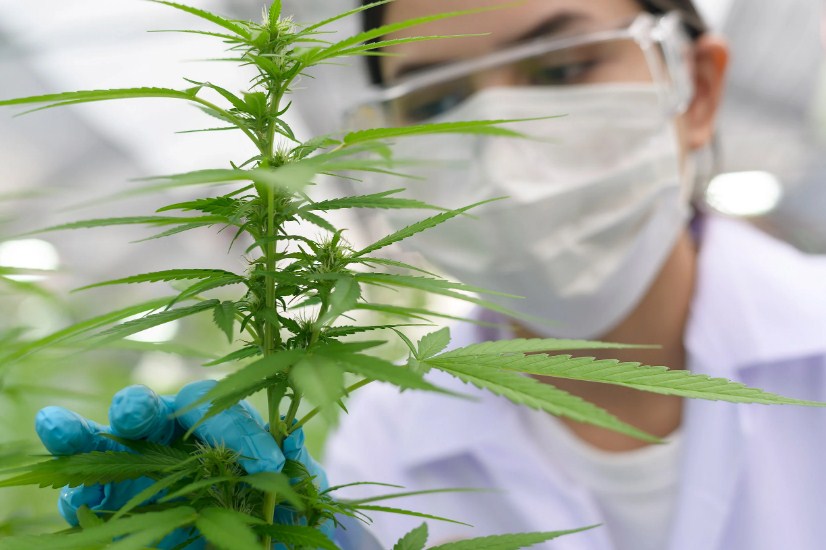Darrell Johns: A Miracle Story of Medical Marijuana
Darrell Johns is a 21-year-old from Macon, Georgia, who suffers from a rare and severe form of epilepsy called Lennox-Gastaut syndrome. He was diagnosed when he was only two years old, and since then, he has endured countless seizures, hospitalizations, and medications that left him with severe side effects and developmental delays.
His mother, Leslie Johns, said that when Darrell was 13, he weighed only 40 pounds and had at least five seizures per week. She had to give him 17 pills per day that she had to crush and administer through a tube. Some of the pills were valium-based and left Darrell groggy and lethargic.
But everything changed in 2015, when Darrell’s parents began giving him medical marijuana treatments, which they obtained legally through Georgia’s Low THC Oil Registry. The registry allows patients with certain qualifying conditions, such as epilepsy, to possess up to 20 fluid ounces of cannabis oil with no more than 5% THC.
The results were astonishing. Darrell went for a year without a single seizure. He also gained weight, started speaking simple words, and only had to take two pills a day. He was able to do his favorite things, like riding in his dad’s motorcycle sidecar and watching his favorite TV shows.
Leslie said that medical marijuana gave her son a new life. She recalled a heartwarming milestone when Darrell spoke his first word, “Mama”, shortly after starting the treatment.
“It was the best day of my life,” she said.
Georgia’s Medical Marijuana Program: A Long and Bumpy Road
Georgia’s medical marijuana program has been a long and bumpy road for patients like Darrell and their families. The state legalized the possession of low-THC cannabis oil in 2015, but did not provide any legal way for patients to obtain it. They had to either travel to other states where it was legal, or rely on the black market.
In 2019, the state passed a law that authorized the production and distribution of medical marijuana in Georgia, but it took two years for the state to issue licenses to six companies that will grow and process the cannabis. The first dispensaries are expected to open by the end of 2023 or early 2024.
In the meantime, patients have to renew their medical marijuana cards every year through the Department of Public Health (DPH), which requires them to submit a physician certification form and pay a $25 fee. However, many patients have reported delays and difficulties in renewing their cards, which puts them at risk of running out of their medicine or facing legal consequences.
Leslie said that she filed to renew her card in April 2023, but it has not yet arrived. She has called the DPH several times, but no one there seems to have a solution for her. She said that she is frustrated because she is the primary caregiver for Darrell, who needs his medicine every day.
“I don’t know what I’m going to do if I run out of oil,” she said. “I don’t want to go back to the way things were before.”
Advocates Call for More Compassion and Action
Medical marijuana advocates have been calling for more compassion and action from the state officials and lawmakers to address the problems faced by patients like Darrell and their families. They say that the state should expedite the licensing process, streamline the card renewal system, and expand the list of qualifying conditions.
Sandy Moore, the founder and CEO of Hemp Box Etc., a company that helps veterans with PTSD access medical marijuana, said that she admires the courage of the Johns family and others who have fought for their right to use cannabis as medicine.
“They are heroes in my eyes,” she said. “They have shown us that medical marijuana can save lives and improve the quality of life for many people who suffer from debilitating conditions.”
Moore said that she hopes that Georgia will follow the example of other states that have legalized medical marijuana and made it more accessible and affordable for patients. She said that medical marijuana is not only a health issue, but also a human rights issue.
“Patients deserve to have access to safe and effective medicine that works for them,” she said. “They should not have to live in fear or suffer unnecessarily because of outdated laws and regulations.”

